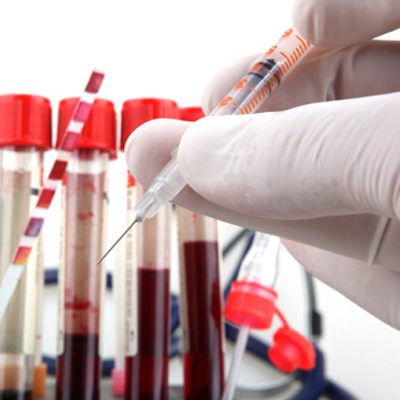
Researchers have identified certain lifestyle factors that make it more likely for a woman to have a normal pregnancy.
They include increasing fruit intake before pregnancy, being a healthy weight, reducing blood pressure, stopping drug and alcohol misuse, and being in paid employment during pregnancy.
Although further work is needed to determine whether these associations have causal importance, this study implies that targeted interventions that encourage women to make healthy choices before and during pregnancy “may increase the likelihood of normal pregnancy outcomes,” the researchers said.
Researchers from the UK, Ireland and New Zealand carried out a study to identify factors at 15-20 weeks’ gestation associated with a subsequent uncomplicated pregnancy. Their aim was to highlight those factors amenable to change before pregnancy, thereby informing decisions about interventions that could increase the likelihood of a normal outcome.
A total of 5,628 healthy women with singleton births (and no previous pregnancies) were recruited to the Screening for Pregnancy Endpoints study between November 2004 and August 2008.
The primary outcome was uncomplicated pregnancy defined as a “normotensive pregnancy, delivered at more than 37 weeks resulting in a live born baby who was not small for gestational age and did not have any other significant pregnancy complications.”
Factors amenable to improvement that reduced the likelihood of an uncomplicated pregnancy (that is, were detrimental) were increasing body mass index and blood pressure and misuse of drugs (including binge drinking) in the first trimester.
Factors amenable to improvement that increased the likelihood of an uncomplicated pregnancy (that is, were beneficial) were high fruit intake in the month before pregnancy and being in paid employment 15 weeks into pregnancy.
Detrimental factors that could not be altered were being in a lower socio-economic group, high blood pressure before pregnancy while taking oral contraceptive pills, family history of high blood pressure in pregnancy and bleeding during pregnancy.
Source: Deccan Chronicle



 Federal health officials say the pain reliever in Aleve may be safer on the heart than other popular anti-inflammatory drugs taken by millions of Americans.
Federal health officials say the pain reliever in Aleve may be safer on the heart than other popular anti-inflammatory drugs taken by millions of Americans.
